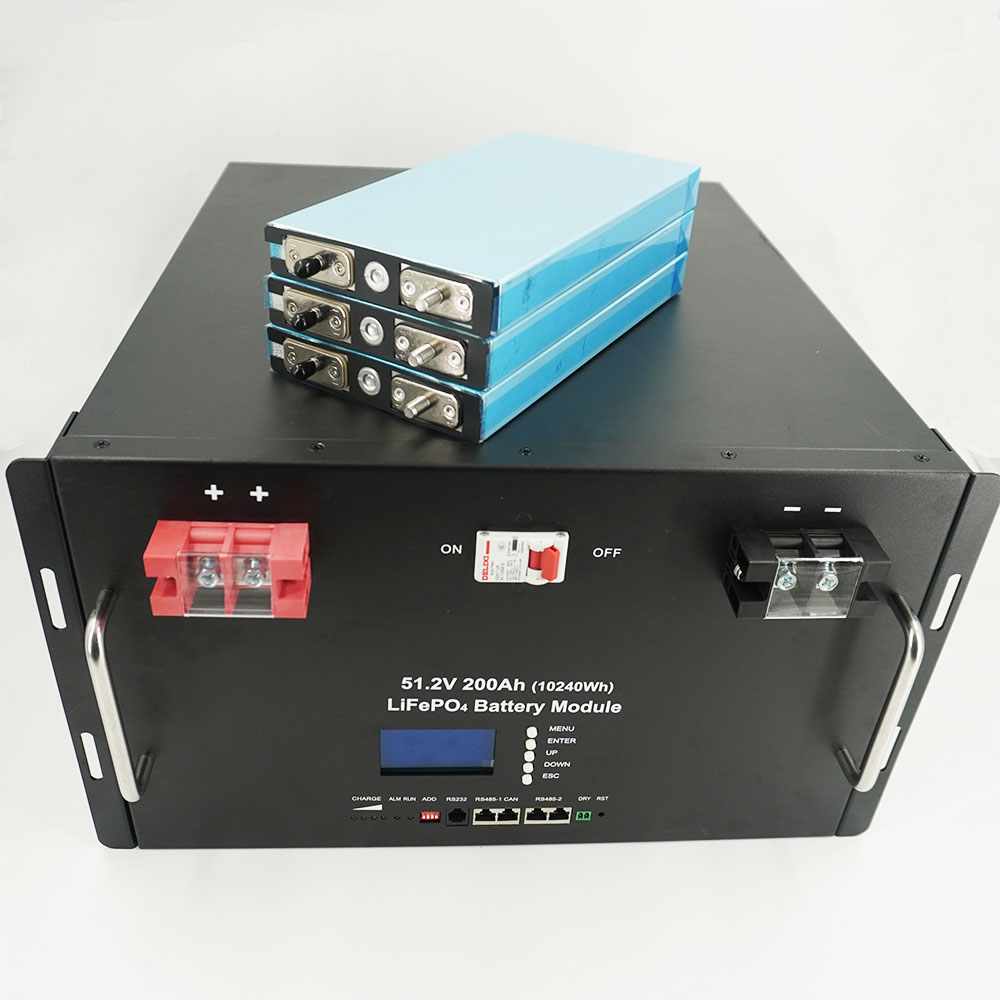The expansion of the European power battery industry map
Summary
In order to achieve self-sufficiency of power batteries and get rid of the dependence on the import of lithium batteries in Asia, the EU is providing huge funds to support the improvement of the supporting capacity of the European power battery industry chain.
Recently, a British-South Korean joint venture called Eurocell announced plans to build a super battery factory in Western Europe, with a total investment of about 715 million euros (about 5.14 billion yuan), and the factory address has not yet been determined.
The project will be constructed in two phases. It is expected to start battery production in 2023 at the earliest, and by 2025, a factory will be built to produce more than 40 million batteries per year.
It is reported that Eurocell was established in South Korea in 2018. The battery products use a nickel-manganese positive electrode + lithium titanate negative electrode system, so that its battery products have excellent fast charging performance.
Eurocell plans to use its battery products in the field of stationary energy storage systems, while also considering the production of power batteries for electric vehicles.
Although Eurocell’s battery products are more suitable for energy storage, its establishment is also a microcosm of the rise of the European power battery industry.
In order to achieve self-sufficiency of power batteries and get rid of the dependence on the import of lithium batteries in Asia, the EU is providing huge funds to support the improvement of the supporting capacity of the European power battery industry chain.
European Commission Vice-President Maros Sefkovic said at the European Battery Conference: By 2025, the EU will be able to produce enough batteries to meet the needs of the European auto industry and even build our export capacity without Need to rely on imported batteries.
Driven by favorable policy support and market demand, the number of domestic power battery companies in Europe has increased rapidly.
Up to now, many local battery companies have been born in Europe, including Sweden’s Northvolt, France’s Verkor, France’s ACC, Slovakia’s InoBat Auto, UK’s Britishvolt, Norway’s Freyr, Norway’s Morrow, Italy’s Italvolt, Serbia’s ElevenEs, etc., and announced large-scale battery production plans. It is expected that more local battery companies will be born in the later period.
A report released last June by EU NGO Transport and Environment (T&E) showed that the total number of gigafactories built or under construction in existing projects in Europe reached 38, with an estimated total annual output of 1,000 GWh and a cost of more than 40 billion euros (about 309.1 billion yuan).
In addition, many European OEMs, including Volkswagen, Daimler, Renault, Volvo, Porsche, Stellantis, etc., have also reached cooperation with local European battery companies through shareholding or joint venture construction to find their own battery cells. Partners, and locked some production capacity to ensure the stability of its local battery supply.
It is foreseeable that with the acceleration of the electrification transformation of European OEMs and the outbreak of the energy storage market, the European lithium battery industry chain will further expand and rise.
Post time: Feb-22-2022




